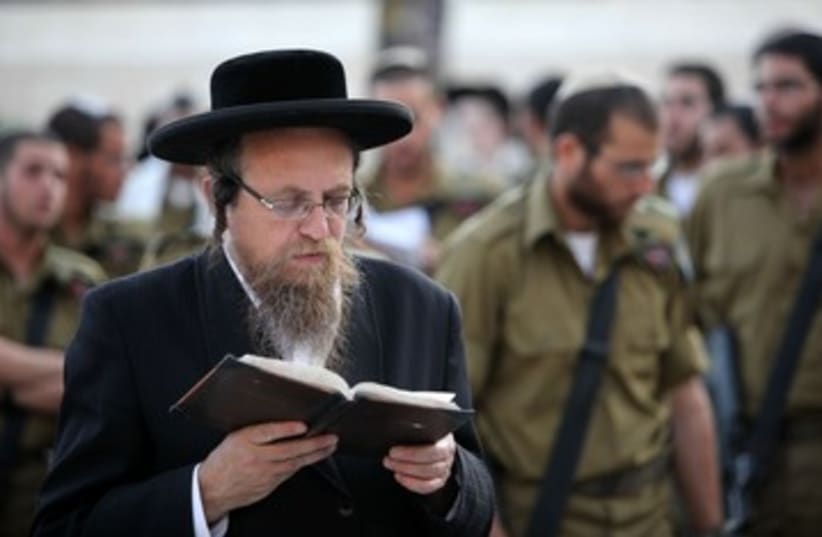The writer, a rabbi, is president of the World Union for Progressive Judaism
A progressive perspective on Tisha Be’av
It is left to us to reconcile the remembrance of genuine tragedy with the possibilities for the growth and development of the Judaism that has been passed down to us.

The writer, a rabbi, is president of the World Union for Progressive Judaism